I watched the sunset from the porch of my bungalow in Belo sur Mer, pink sky dappled against a siloutte of mangroves, reflecting on the previous month. Had it already been five weeks since I arrived in Madagascar? The time seemed to have passed so quickly as I absorbed a new country, a new culture, a new organisation – and its integrated Population-Health-Environment (PHE) approach.
I was recently brought into the BV team to support our new marine conservation partners in Mozambique to integrate community health services into their coastal resource management initiatives by developing collaborations with health organisations. In preparation for taking on this role, I had spent the past weeks participating in a national PHE training and experience sharing workshop in the capital of Antananarivo, and visiting our team in the remote Barren Isles archipelago to get a first-hand understanding of our PHE programme there, learning not only about the successes but also the challenges that staff face in linking health and environmental activities.
My thoughts were interrupted when I heard my name being called; it was time for dinner. I took one last moment to appreciate the sunset and ran along to join the group, which included colleagues from the Endangered Wildlife Trust and Peace Parks Foundation – the first two organisations that I’ll be supporting in Mozambique. We’d arrived in Belo sur Mer earlier that day for a five-day learning exchange visit to kickstart our partnerships, and I couldn’t wait to see what the next week would bring! We had, of course, planned a full but flexible schedule to meet their learning objectives, but I was equally excited to finally get to know the people who I’d be working closely with and to find our more about their organisations’ work.
The next morning, we began with a quick tour of the village of Belo sur Mer. This allowed the group not only to get to know their surroundings, but also to get an understanding of the community and the context of the initiatives that Blue Ventures is supporting in this region.
We then headed to the BV office to officially launch the learning exchange! We started by discussing the two organisations’ current programmes and existing strengths, which we’ll be building upon as they work towards developing PHE partnerships to bring much-needed health education and services into the isolated areas where they work, and integrate these with local marine management efforts.
Over the next few days, we then covered a wide range of topics including the basics behind Population-Health-Environment (PHE) linkages, assessing community health needs, establishing effective cross-sector PHE partnerships, sexual and reproductive health, integrated community outreach methods and messages, and monitoring and evaluation of PHE initiatives. These sessions sparked great questions and ideas for implementation in Mozambique! Our friends from the Endangered Wildlife Trust and Peace Parks Foundation also gave engaging presentations about their organisations and the work that they do. This generated lots of interest among the Belo sur Mer team, inspiring them with new perspectives and encouragement.
The most dynamic and memorable sessions of all proved to be our visits to the neighbouring villages of Antanimanimbo, Menaky and Ankaotelo. These allowed our Mozambican colleagues to see the theory we’d been discussing in action!
In Antanimanimbo, we met with the village’s community health worker Elimantiny and observed as she provided women with family planning services and monitored children’s health. Afterwards we had the opportunity to have conversations with Elimantiny and some of her clients. This opened up interesting discussions about the differences between the Malagasy and Mozambican health systems, and how these may affect approaches taken in Mozambique.
We also learned about local marine management activities in Antanimanimbo including mangrove crab monitoring, which was of great interest to our Mozambican colleagues as they support communities on the opposite side of the channel to monitor sea turtle and dugong populations, so there were many different experiences to be shared! This generated valuable conversations about community involvement and education.
In Menaky and Ankaotelo, we all had the opportunity to see seaweed farming in action. The Belo aquaculture team explained in depth the many aspects of seaweed farming, from favourable growing conditions to sales. This was of particular interest to the Endangered Wildlife Trust, as they’re looking to integrate alternative coastal livelihood elements such as community-based aquaculture into their dugong conservation work in Mozambique. We heard from seaweed farmers and other community members about how aquaculture has impacted positively on their lives, and what challenges they still face.
We were also reminded that although fisheries monitoring and aquaculture activities often engage adults, the future lies with youth. We were invited to observe activities being facilitated by the Belo team at the local primary school, where students are building tippy-taps for handwashing and engaged in discussions about WASH (water, sanitation and hygiene) to encourage uptake of healthier practices within their families and communities.
And the learning didn’t stop with the organised sessions and visits. From early morning sunrises to dinners, the conversations continued! We exchanged experiences and ideas, as well as hopes for the future. In the end, we learned so much more from each other than can be expressed in words. We gained strength from one another and were reminded that although a sea may separate us, we are connected. As they say in Mozambique, estamos juntos.
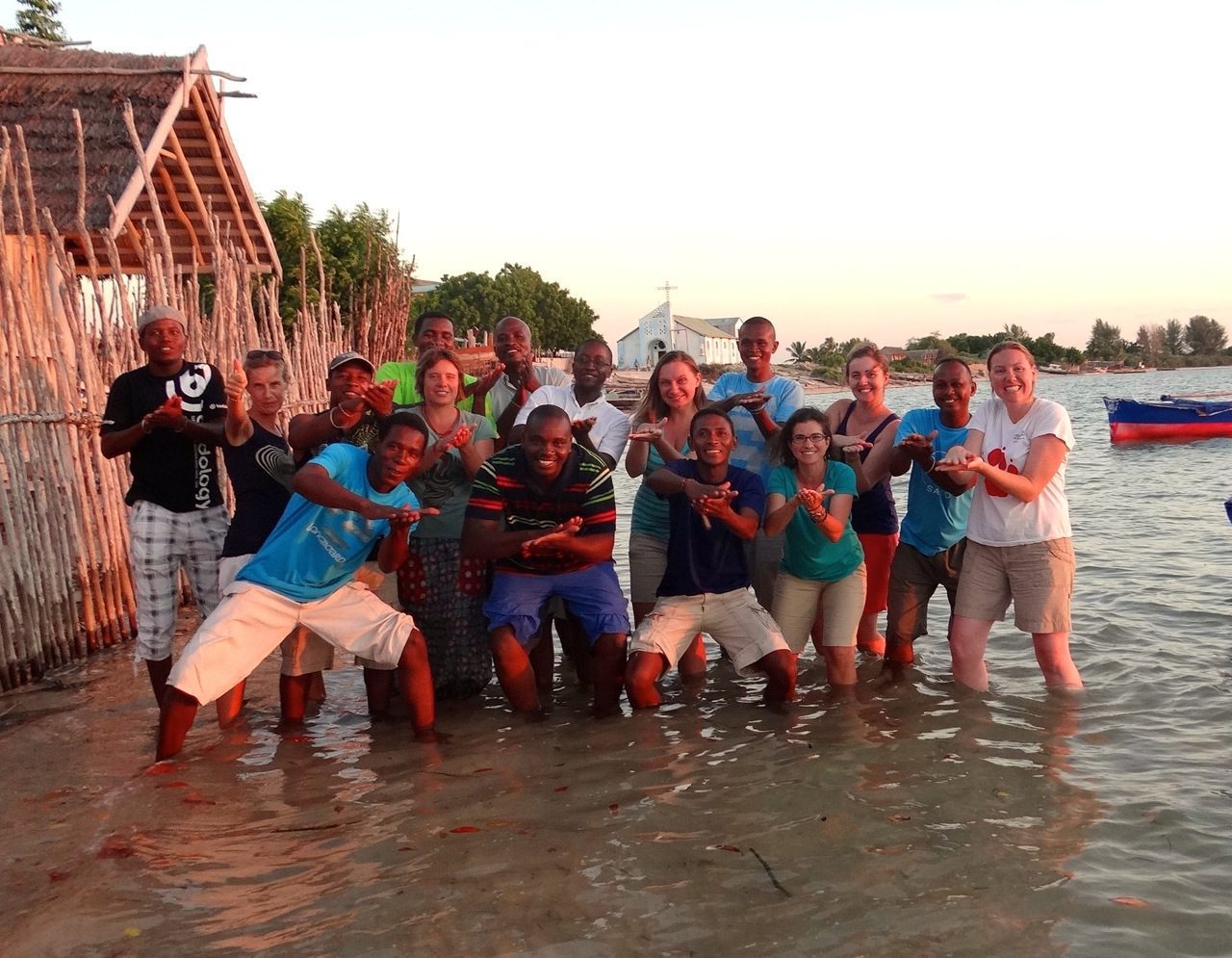
The exchange group sending good vibes across the channel!
Photo: Bridget Corrigan
“The learning exchange visit was incredibly useful. We now have a scaffolding around which we can build our project and a network of support that is essential for any project to have a positive impact… It was only a ‘five-day’ exchange but your team made it possible to absorb years of experience! Thank you for being so open and willing to work with us.” – Isabelle Giddy, Endangered Wildlife Trust Project Coordinator
As I settle into my role in Mozambique this week, I can’t wait to work with the Endangered Wildlife Trust and Peace Parks Foundation to put all of this learning into action in their sites! The next steps in their PHE journeys promise to be exciting, and I couldn’t be happier to be accompanying them along the way with the fair winds of BV’s PHE experiences in our sails.
A formal announcement of these new support partnerships can be found on our website: Mozambique – new partnerships set to link health services with marine conservation initiatives engaging more than 20,000 people.
Our partnership with the Endangered Wildlife Trust is funded by GEF through UNEP under the Dugong and Seagrass Project.
Our partnership with Peace Parks Foundation is initially being funded by the COmON Foundation through their Community Development Facility, which complements a programme to develop and implement sustainable fishing methods and alternative livelihood opportunities for communities living adjacent to the Ponta do Ouro Partial Marine Reserve supported by Fondation Ensemble.


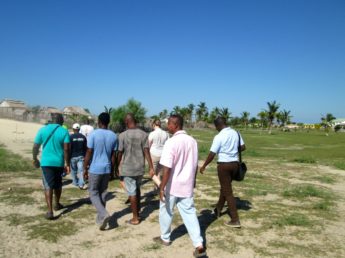
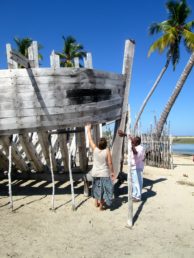
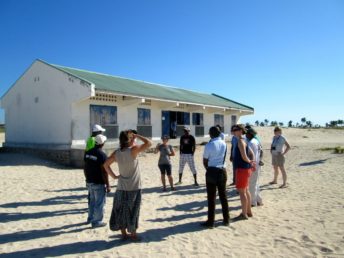
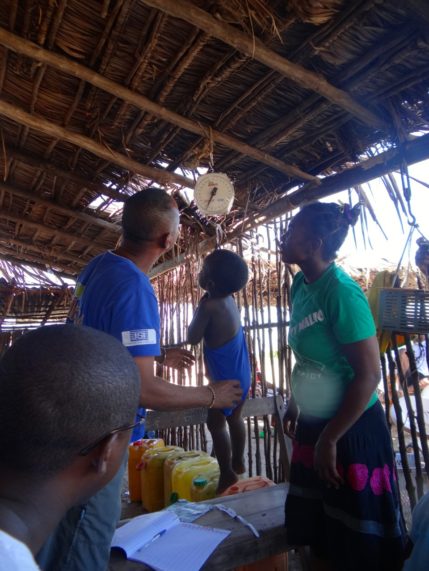
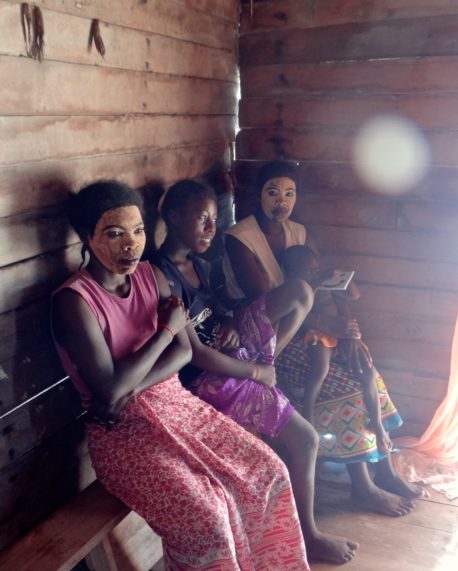
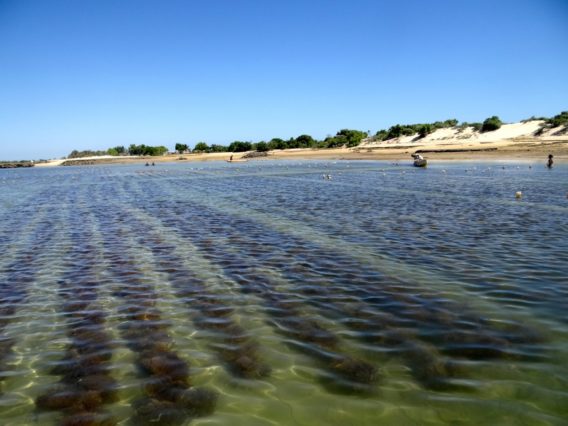
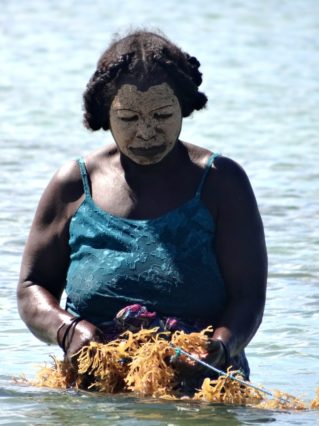
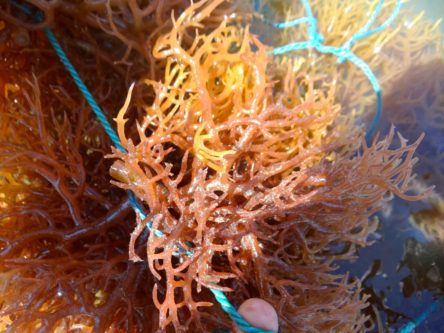
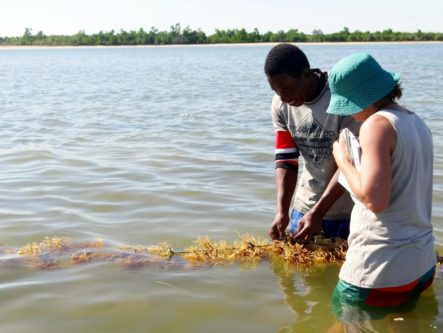
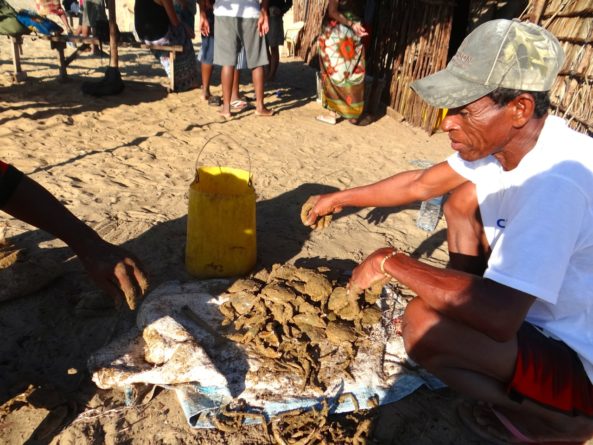
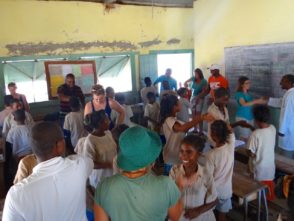
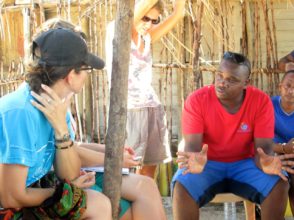
A wonderful story- I will send a gift soon to help. Wish I were young enough to help physically too. Saw Caroline Savitzky in one of the pictures- she is my granddaughter.Best of luck to all of you – you are making this a better world.
Lynn Savitzky